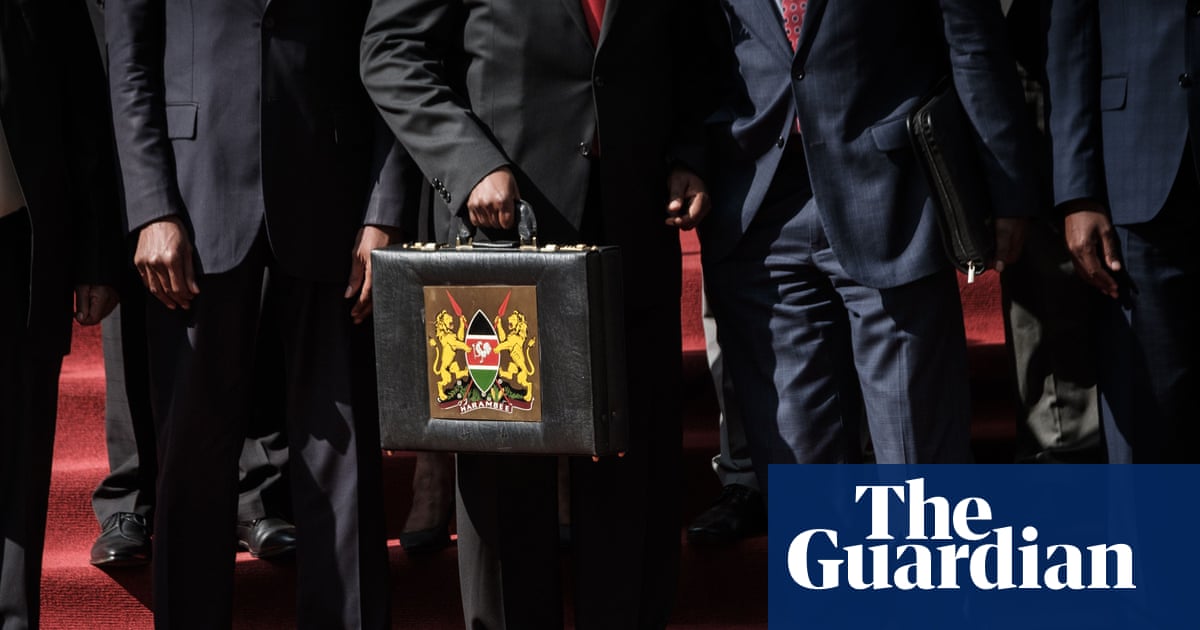
It has become customary for politicians to eventually lose their jobs, not because of their incompetence, not even because they preside over sinister policies, but because they have been found to be untruthful about their work. The phrase they usually roll out in such cases, and which Amber Rudd dutifully employed earlier this week when she was forced to resign as Britain’s Home Secretary, was that she “inadvertently misled Parliament” over targets for removing illegal immigrants – the emphasis being, of course on the “inadvertently.” In a matter of days, Rudd misled her fellow legislators, and by extension the electorate, then on being found out became defiant and evasive about it, only to end up eating humble pie, and lots of it, in her resignation letter to the prime minister.
Last week, when Rudd appeared before the Home Affairs Select Committee to answer questions concerning whether she knew about targets to remove illegal immigrants, she gave a disingenuous picture. In her subsequent resignation letter she claims to take full responsibility, admitting that the information about those targets was available in her department but somehow she was not aware of it. How come this rising star of the Conservative Party, who in a matter of less than a decade was elevated from obscurity to hold one of the most important and complex departments of government, was oblivious to a policy which is at the heart of her party’s creed and electoral promises?
It took a leaked memo, published in Britain’s Guardian newspaper, from Rudd to Prime Minister Elizabeth May, in which she set a clear target for increasing enforced removals of immigrants by more than 10 per cent, not only to expose the inaccuracies in her presentation to Parliament but also her party and government’s mentality when it comes to immigration. Her memo leaves little room for doubt about how keen she was to impress the prime minister with her robust approach to tackling illegal immigration. She committed herself to pursue this policy through encouraging officials to concentrate on “arresting, detaining and forcibly removing illegal migrants.” Not only was she was promising to “ruthlessly” uproot these migrants, but also to prioritize Home Office resources to execute that programme.
On the face of it, who could argue with a member of Cabinet who is doing nothing more than fulfilling her duty to the public to end the presence of people who reside illegally in the British Isles? Moreover, as she says in her memo to the prime minister, the policy was targeting “organized immigration crime,” to “make sure that we target the gangs and criminals profiting from people trafficking and smuggling.” One can almost hear applause all around for a Home Secretary fighting those nasty criminal traffickers: who wouldn’t like to see them kicked out of the country, or even better, put behind bars?
These people arrived at the shores of this country at the invitation of the British government, due to the severe lack of labor in the years following the end of the Second World War. They helped to put the country back together again. Then the country turned its back on them.
Yossi Mekelberg
It sounded almost plausible, until the scandal of the legal status of the Windrush generation, who were welcomed to Britain as immigrants between the late 1940s and 1971, hit the headlines. Then it became crystal clear that the Home Office is not only trying to remove gangs of outlaws, but also innocent people who have made an immense contribution to their adopted country. These men and women, who arrived in the UK from Jamaica, Trinidad and Tobago, and elsewhere in the West Indies and the wider Commonwealth, and their descendants, have been caught up in a Kafkaesque immigration bureaucracy that, after all this time, suddenly demands that they supply proof of their legal right to reside in the UK, even though it was the Home Office who did not keep proper records of their settling in the country, and even went as far as having many of those records destroyed. Many of them were not provided documentation by the British government, and consequently it is difficult, to almost impossible, for the Windrush arrivals to prove they are in the UK legally, even if they have lived and worked here for 70 years. These people arrived at the shores of this country at the invitation of the British government, due to the severe lack of labor in the years following the end of the Second World War. They helped to put the country back together again. Then the country turned its back on them.
In the current anti-immigration atmosphere in the UK, when immigration officers set targets to remove anyone without the correct documentation, the ageing members of the Windrush generation are the softest target. Outrageously, those officers, instructed by their political masters, are lumping together loyal and hard-working migrants with gangs of criminals, and depriving them of their basic rights. It is all done to massage immigration statistics to make them more palatable to right-wing nationalist backbenchers and their allies in certain quarters of the British media. And it is being carried out with a complete lack of humanity.
In their retirement, nearly 60,000 of the Windrush generation who are still non-UK nationals have faced a rude awakening to the fact that they are now without legal rights to stay in the UK and without any right to state benefits, including medical insurance. This is the result of the “hostile environment” policy put in motion by the anti-immigration school of thought led by none other than May in her previous role as Home Secretary. But thanks to the exposure by the media, followed by pressure from Parliament, the Windrush generation has now not only received an apology from the Prime Minister and the outgoing Home Secretary, but also the process of recognizing their rights to remain indefinitely in the country, and with it access to public services, has gathered momentum.
However, the Windrush affair has left a bitter taste in the mouth. It could have been, and should have been, resolved a long time ago, had it not been for the callous and arbitrary approach of politicians and civil servants in their constant attempts to appease and sedate those who are a-priori anti-immigration. There is also a lingering suspicion that this kind of treatment has befallen probably many more who simply accepted their fate and “voluntarily” left the country or were deported, not even knowing their legal rights.
If the government is interested in learning any lesson from this sorry episode, it should learn to treat people who come to work and live in the United Kingdom as human beings and not as numbers. Changing the discourse to one that values the contribution of migrants, instead of regarding them as a burden, might be a good start.
Yossi Mekelberg is professor of international relations at Regent’s University London, where he is head of the International Relations and Social Sciences Program. He is also an associate fellow of the MENA Program at Chatham House. He is a regular contributor to the international written and electronic media. Twitter: @YMekelberg












